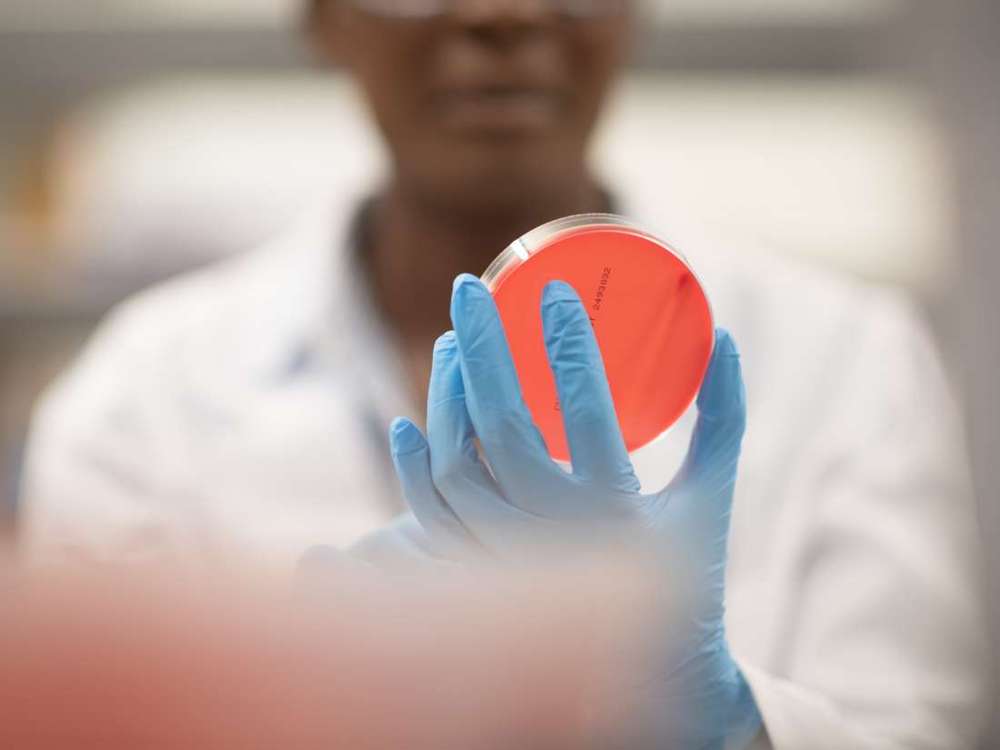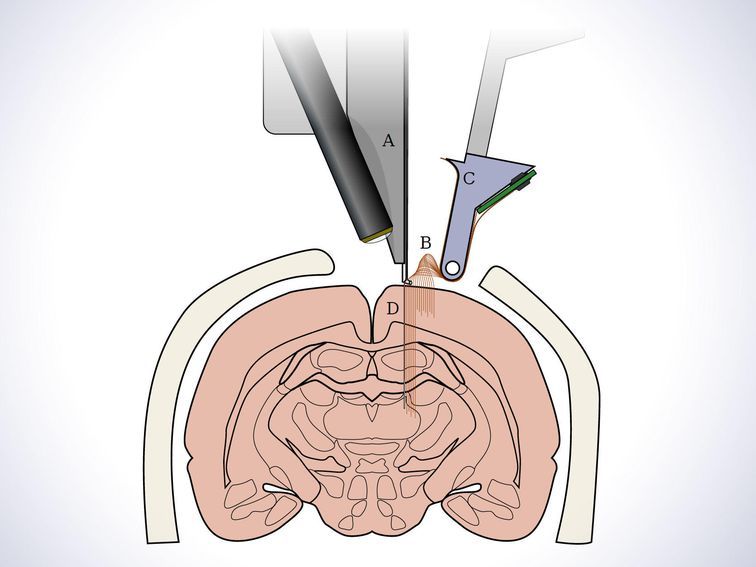University of Edinburgh tested 1000 people aged 70 for memory, problem solving, thinking speed and general thinking ability — the same people were tested every three years until they reached 79.






Why you feel like you’re falling when going to sleep?


